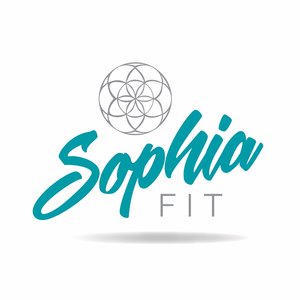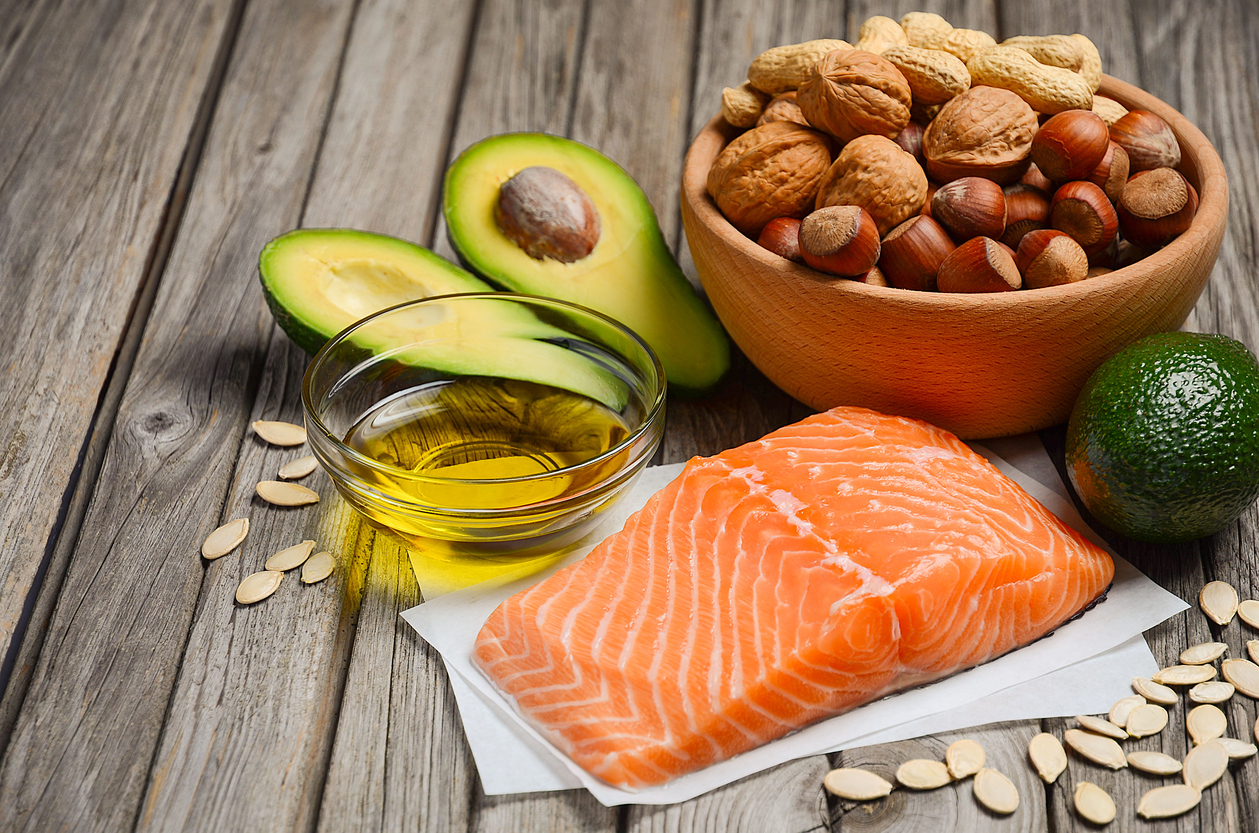Suffering from muscle or joint soreness after exercises? Well fish oil can help in assisting your recovery process. As when we work out, oxidative stress occurs which creates inflammation within your body. So ensuring that your body recover properly mean we will be able to train harder at a greater intensity for longer!
Fish oil is loaded with omega-3 fatty acids that can help to lower blood pressure, reduce inflammation and prevent heart disease. Fish oil is derived from the tissue of oily fish with the best source of fish being cold-water fatty fish. Humans consume fish oil through fish themselves or fish oil tablets.
Why we need it? As our bodies are able to make most of the fats we need, this is not true for omega-3 fatty acids. When it comes to these essential fats, we need to get them from omega 3 foods or supplements.
So if you are someone who eats fish 2-3 times per week, you may not need to supplement but if you aren’t a fan of fish than supplementing fish oil into your diet will provide great benefits. Or alternatively there are plenty of other foods to help you reap the heart-healthy, brain-boosting, and inflammation-fighting benefits of omega-3 fatty acid. These foods include: Wild Rice, Flaxseed and Flaxseed Oil, Eggs and Walnuts.
One last fact to convince you about how good fish oil is! Scientific studies have and will continue to back up all of the incredible fish oil benefits from eczema and fertility to heart disease and many types of cancer!! How amazing!
Omega-3 Boosting Simple Salmon Salad (Serves 2)
INGREDIENTS
3 tablespoons ground flaxseeds
2 salmon fillets
2 tablespoons of olive oil
2 tablespoon of lemon juice
4 handfuls of spinach leaves
1/2 of an avocado
Pinch of sea salt
Pinch of cracked pepper
METHOD
1. Turn on your oven and preheat it to 375ºF.
2. Place the ground flaxseed, olive oil and lemon juice into a bowl and combine.
3. Place one side of each salmon fillet into the bowl and leave for a minute. Remove the salmon fillets and place on a baking tray.
4. Use a spoon to put any remaining flaxseed mixture on top of the salmon fillets. Use a fork or your fingers to ensure the flaxseed mixture is lightly pushed into the salmon fillet.
5. Season the salmon fillets with a pinch of sea salt and cracked black pepper.
6. Place the baking tray with salmon fillets in the oven and leave for 20 minutes. Check the flaxseed crust is moist and crunchy when removed from the oven.
7. Prepare the fresh baby spinach leaves and diced avocado on a plate with a squeeze of lemon, then add the flaxseed crusted salmon fillets and Enjoy!







